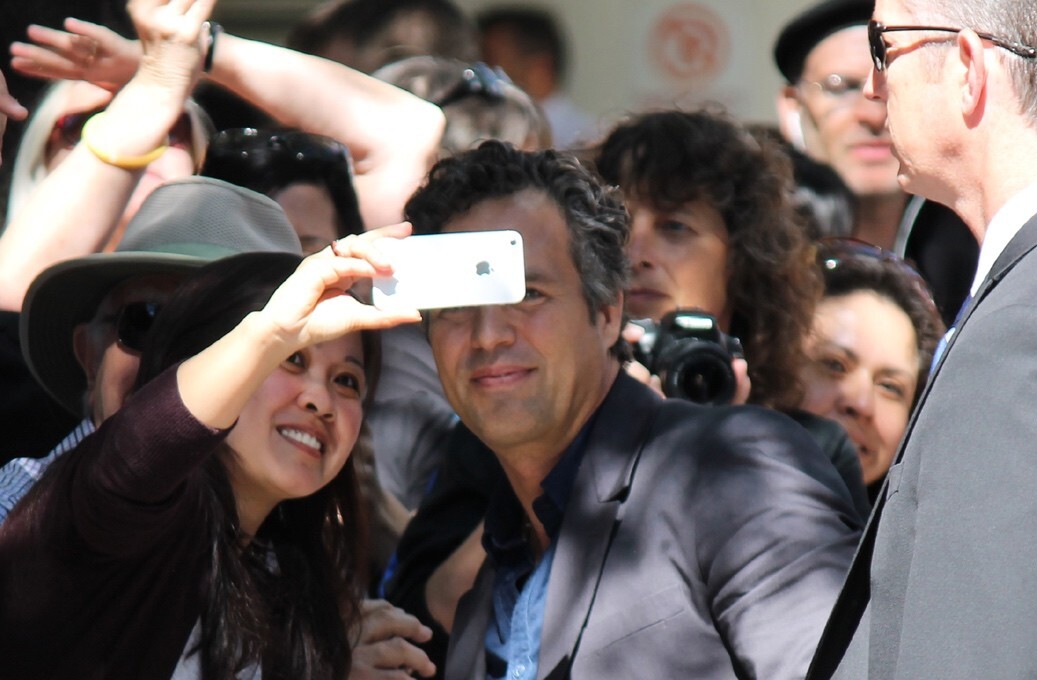
Some of my best friends are digital rights advocates. They worry about privacy, tell me “all systems are connected” and that I should stop using credit cards or electronic payments to prevent governments from building dossiers about me. I’m glad they exist, and I support their efforts – sometimes by donating money and other times just with a Like or retweet. But I’m never too worried.
Recently, there have been two events that make me even more relaxed: The disappearance of Flight MH370 and the search for the Boston bombers.
Both are/were terrible tragedies and quickly made headlines around the world. Like most digital citizens, I followed developments by the minute. What surprised me the most in both cases, from a privacy standpoint, is how disconnected we still are.
Let’s start with the Boston Marathon bombings. On April 15, 2013, thousands of cameras – it be video, smartphone, or traditional shooters – were aimed at the finish line. Then, at 2:49 pm EDT, two pressure cooker bombs exploded, killing three people and injuring an estimated 264 others.
Think back with me to 1998. That’s the year director Tony Scott released “Enemy Of The State,” a movie where Will Smith and Gene Hackman team up to escape from bad guy Jon Voight who works at the NSA and abuses his powers to spy on people… or something like that. Watch the trailer if you missed or up for a trip down memory lane:
That movie is 16 years old, and even at the time, my conspiracy friends told me the movie only showed part of what the government could really do. You’d expect them to really advance in the past 16 years.
Come back to April 2013 and you’ll see that it took authorities three full days before they could release photos and surveillance video of two suspects Dzhokhar and Tamerlan Tsarnaev.
Now don’t get me wrong, I’m not saying the police didn’t do a fine job. It’s just that both CSI, “Enemy Of The State,” countless other movies and all those privacy advocates gave me the impression that it could have been done in seconds, not three days.
Later that week, the Tsarnaev brothers stole a car, which was enabled with a GPS device. Even without a GPS device, you would think they shouldn’t have gotten far.
But they did, and escaped from the police once more. It took another 24 hours before the suspect was found – not by a heat seeking satellite, a DNA sniffer robot, or a helicopter with heat-seeking, profile-enhancing gizmo. Nope, a Watertown resident discovered Dzhokhar Tsarnaev hiding in a boat in his back yard. All the while thousands of law enforcement officers were searching a 20-block area of Watertown, shutting down the public transportation system and most businesses and public institutions, creating a deserted urban environment of historic size and duration.
Again, I do not doubt great police work and I’m happy they caught those guys. It’s still not what I had expected in our so-called surveillance society.
Now skip forward to this past weekend. Global tracking systems, life data streams, and satellites watching every square meter around the world, but somehow we managed to lose an entire plane.
Malaysia Airlines Flight 370 took off, flew for an hour or so, and yet a Boeing 777 with 227 passengers and 12 crew members on board just disappeared. You might assume that when planes suddenly disappear, all kinds of alarm bells go off, but apparently that isn’t the case either. Air Traffic Control lost contact with the plane at 01:22 and it wasn’t until 02:40, a full hour later, that the plane was reported missing.
If I drop off the radar at the office for more than 10 minutes, everybody notices. But a Boeing 777 can go unnoticed for an hour and 18 minutes before it officially “disappeared.”
Now again, I want to stress that I don’t blame anyone and I’m sure this is just all standard practice. It is just so damn unexpected in a world where I can track my friends with my iPhone 24 hours a day and around the world. My $600 iPhone can show you where I am at all times, but a $261.5 million plane can just disappear?
I always assumed airplanes would keep contact with Air Traffic Control at all times and if something would go wrong, it would be apparent immediately. But that isn’t the case at all. Everything about the airplane is recorded, but only within the airplane itself.
If the plane disappears, the recorded reason why it disappeared disappears with it. You would think it wouldn’t be too hard to beam that info once every minute or so to a cloud-based server, but that isn’t so simple at all.
More than the technical aspects, the concept is also a privacy issue. Pilots would feel “watched” all the time and have complained about a loss of privacy if the flight data is streamed to a central location all the time. How ironic.
Now let’s get back to the connected systems in the world: that RFID chip in my passport that allows bad people to track me everywhere and leaves a trail of digital breadcrumbs around the world. As it turns out, those systems aren’t quite up and running either; reports say two of the passengers on that flight boarded with passports that were stolen years ago! (One used an Austrian passport that was stolen in 2012 and the other one used an Italian passport stolen in August 2013.)
All these years I thought that all systems worldwide were connected, and that if I checked in at some random airport in a random country with a flagged passport, somewhere in a darkened office, hipster geeks wearing NSA badges would notice a green dot alerting the situation.
The headset-wearing geeks would turn around to their superior and say, “Boris has just popped up on the grid in Kuala Lumpur. Want me to put a tracker on him? I’m synchronizing all video feeds now and I’m tracking him through the airport. He will lose a visual in two minutes though as he will drop off our satellite feed.”
The superior would adjust his reading glasses, look at the clipboard in his hand and reply, “Nah, that’s just Boris. He’s a harmless blogger. Cut him loose.”
I guess it isn’t 1998 yet.
Get the TNW newsletter
Get the most important tech news in your inbox each week.




